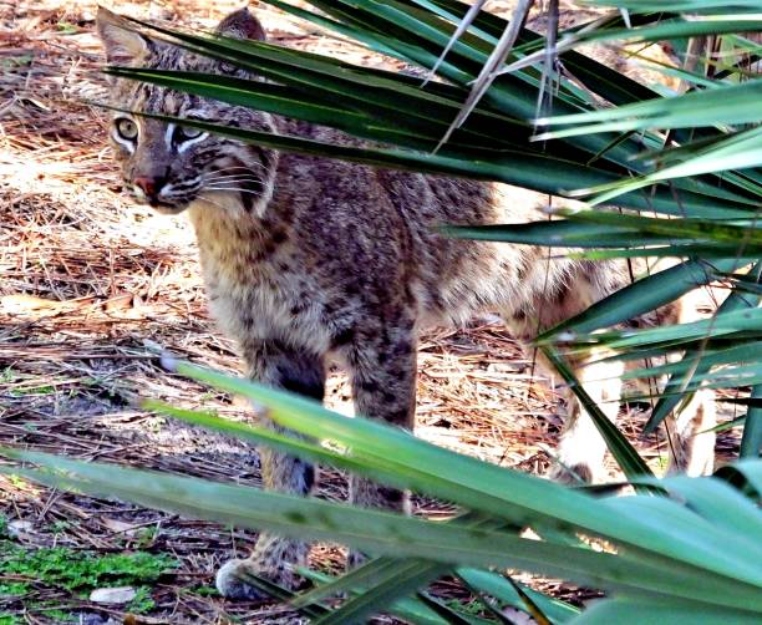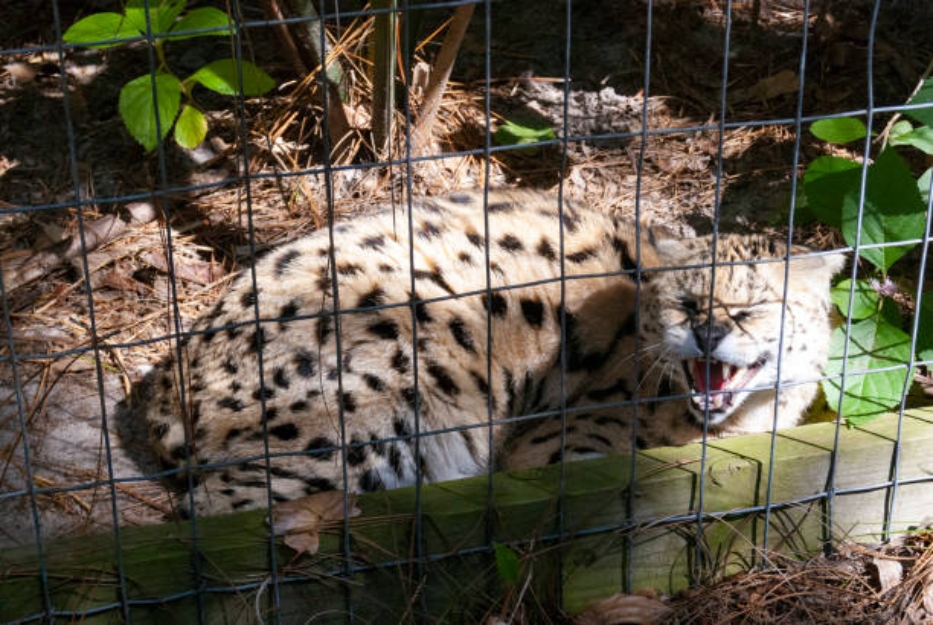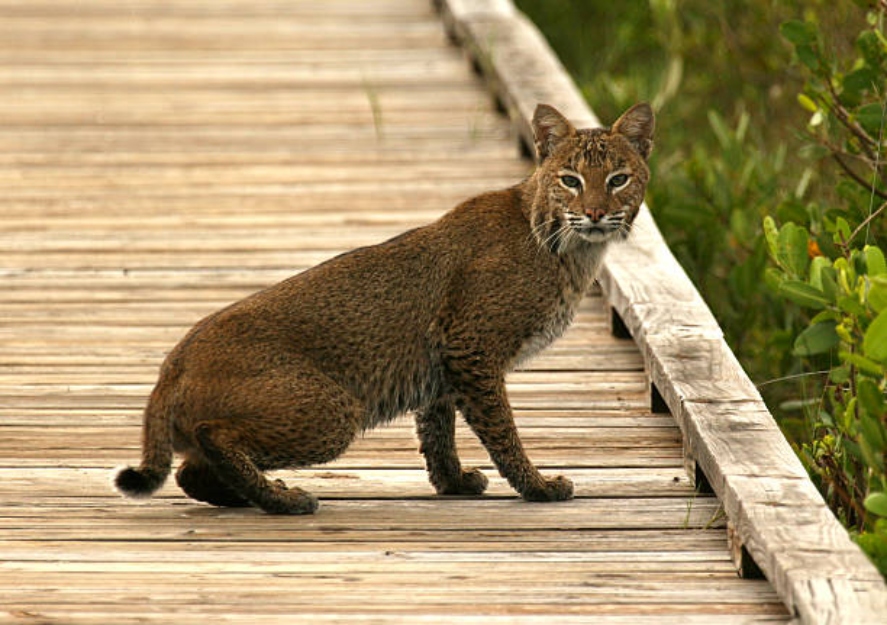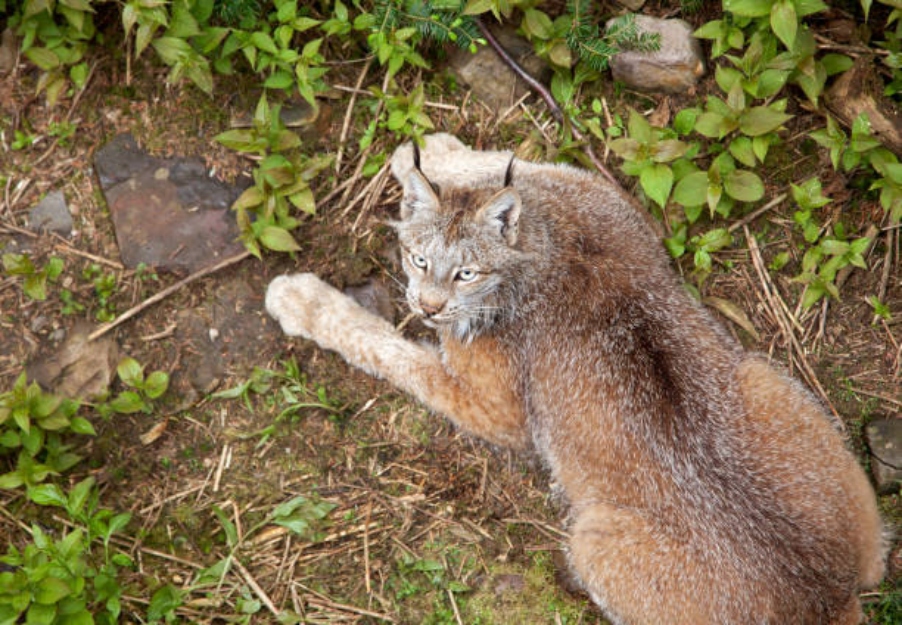
Florida voters have passed Amendment 2, establishing a constitutional right to hunt and fish. The decision has sparked heated debates, with proponents praising the preservation of traditions and opponents warning of potential ecological consequences. Amendment 2 aims to enshrine hunting and fishing as the preferred methods for wildlife management, a move that could reshape Florida’s environmental landscape
What Amendment 2 Entails

The amendment codifies the right to hunt and fish using traditional methods. Supporters argue this guarantees access to activities deeply rooted in Florida’s cultural and economic fabric. Hunting and fishing contribute over $15 billion annually to the state’s economy, according to lawmakers who backed the amendment. Proponents believe constitutional protection will safeguard these practices against future regulatory changes
The Backlash from Environmental Groups

Environmental organizations, however, fear the amendment could undermine conservation efforts. They argue it prioritizes hunting and fishing over other management strategies, potentially exacerbating human-wildlife conflicts. “This amendment sends a dangerous signal that wildlife exists merely for human exploitation,” said Linda Carver, a spokesperson for Wildlife Florida
Impact on Bobcats and Other Species

Among the most vocal concerns is the impact on species like bobcats, already facing habitat loss due to urban development. Activists warn that increased hunting could destabilize local ecosystems. “Predators like bobcats play a crucial role in maintaining healthy populations of smaller animals. Targeting them could disrupt these balances,” stated Dr. Mark Evans, a wildlife biologist
Rural Communities Celebrate

In rural areas, where hunting and fishing are integral to community life, the amendment has been widely celebrated. “This is a victory for our way of life,” said Jackson Blake, a fifth-generation hunter. For many, the amendment is as much about heritage as it is about wildlife management
Increased Risk of Trespassing?

Homeowners near popular hunting grounds express concerns about increased trespassing and safety risks. As hunting areas expand, some fear confrontations between hunters and residents could become more frequent. “We’re already seeing signs of encroachment on private land,” said Sarah McAllister, a property owner in North Florida
What Activists Say

Activists argue that Florida’s existing wildlife management policies were sufficient. They believe Amendment 2 could tie the hands of regulatory bodies like the Florida Fish and Wildlife Conservation Commission (FWC), limiting their ability to adapt to changing environmental conditions. “Wildlife management should be flexible, science-driven, and not constrained by constitutional mandates,” said Carver
Legal Implications

While supporters emphasize that the amendment doesn’t alter existing FWC rules, critics fear it may lead to lawsuits challenging future regulations perceived as restricting hunting or fishing rights. Legal experts anticipate an uptick in litigation as both sides test the boundaries of the new law
Economic Arguments

Proponents highlight the economic benefits, noting the amendment will likely boost outdoor tourism. “Florida’s hunting and fishing industries are vital economic engines. This amendment secures their future,” said State Rep. Lauren Melo
The Political Divide

The amendment’s passage reflects broader ideological divides, with support largely split along urban-rural and partisan lines. Republican lawmakers championed the measure, framing it as a safeguard against perceived urban overreach into rural traditions
What’s Next?

Environmentalists plan to monitor the amendment’s impact closely, particularly on vulnerable species. They also intend to lobby for additional protections to counterbalance potential negative effects of increased hunting activity
New Laws

As Amendment 2 becomes law, its effects on Florida’s wildlife and communities remain to be seen. The state now faces the challenge of balancing cultural heritage with ecological responsibility, a task that will undoubtedly shape its environmental policies for years to come.
Reader Reactions

Public opinion is sharply divided. While some hail the amendment as a necessary defense of tradition, others fear it represents a step backward in wildlife conservation. The conversation around Amendment 2 underscores a critical tension in managing Florida’s natural resources: the intersection of culture, economy, and ecology.
Stay connected with us for more stories like this! Follow us to get the latest updates or hit the Follow button at the top of this article, and let us know what you think by leaving your feedback below. We’d love to hear from you!







